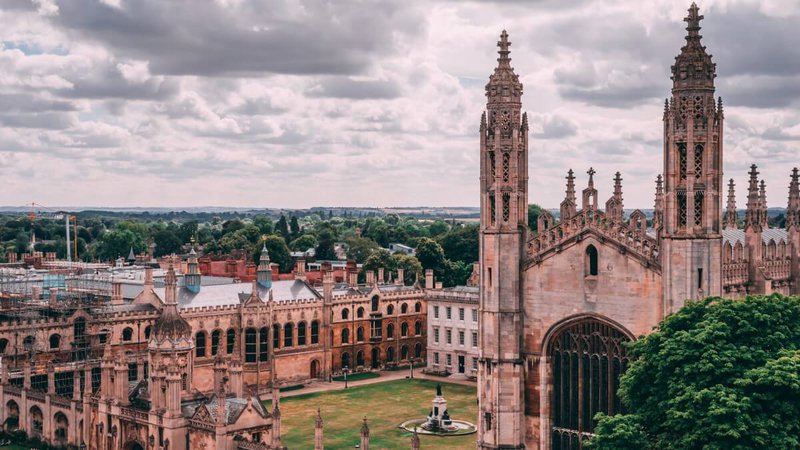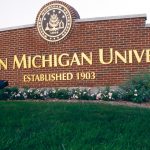Scholarship: £35,143 per annum
Degree: Ph.D., M.D. or M.D./Ph.D.
Nationality: International Students
Location: UK
Application deadlines: 16/01/2023
Scholarship Description:
The MRC Laboratory of Molecular Biology (LMB) is one of the birthplaces of modern molecular biology and has played an important role in the development of many new techniques, most notably protein crystallography, cryo-electron microscopy, DNA sequencing and monoclonal antibodies. The LMB has a clear goal of understanding biological processes at the molecular level, with the ultimate aim of using this knowledge to tackle specific problems in human health and disease. We aim to tackle difficult, long-term problems, which often require investment over many years.
There are four scientific Divisions – Structural Studies, Protein and Nucleic Acid Chemistry, Cell Biology and Neurobiology. However, scientific collaboration between the different Divisions is extensive. Scientists are well supported by excellent scientific facilities and by the LMB Operations Group which maintains the core infrastructure and services of the institute.
The LMB provides an unsurpassed environment for both new and established researchers. Scientists are drawn to the LMB from all over the world, thus creating a lively and international community for the exchange of ideas and technical innovation.
UK Research and Innovation is a new entity that brings together nine partners to create an independent organisation with a strong voice for research and innovation, more information can be found atwww.ukri.org
Available Subjects:
- Role 1: Specifically, to investigate the roles of histones in telomerase assembly and function. The project is built on our recent finding that histones are part of human telomerase holoenzyme (Ghanim et al., 2021) and will involve the use of cell biology, biochemistry and cryo-electron microscopy to characterise the interactions between histones and telomerase in vitro and in vivo.
- Role 2: Specifically, to investigate the molecular mechanism of chromosome end-protection in human cells. The project will involve the use of cell biology, biochemistry, cryo-electron tomography for the structural and biochemical characterisation of telomeric DNA binding complexes that are involved in end-protection.
Eligibility criteria:
- Within the overall direction of the programme, the Group, the remit of the project and in discussion with the Group Leader, you will make a significant input into determining the direction of the project within a three-year lifespan.
- To plan your own work and objectives on a 12-month basis and manage your experimental work within the project along with your supervisor.
- To work with limited supervision to identify, develop, modify and apply the necessary techniques to achieve the goals of the project.
- To introduce and apply new techniques across a wide range of disciplines and to have the creativity and initiative to develop novel approaches and methods where required.
- To ensure the research is carried out in accordance with good practice and in compliance with local policies and legal requirements.
- To contribute to the smooth running of the Group, including the effective use of resources, training of others and taking responsibility for use of communal facilities.
- To enhance your research and generic skills through a tailored development programme.
Application Procedure:
- https://mrc.tal.net/vx/mobile-0/appcentre-ext/brand-3/candidate/so/pm/4/pl/1/opp/2017-LMB-2017-Postdoctoral-Scientist-Structural-Studies-Dr-Kelly-Nguyen/en-GB

